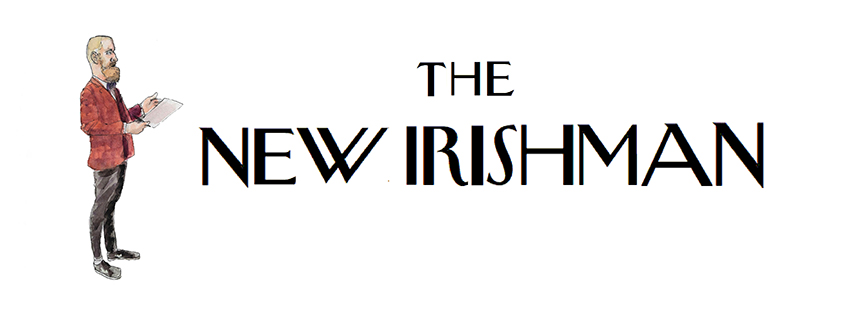Seth Godin wrote the most wonderful piece over on the Ted blog here as part of the 'Can I Borrow That?' blog series. His piece was entitled, 'Why I want you to steal my ideas'. He explained that we can build something new and fantastic by stealing and synthesising ideas. He said:
"Please don’t steal my car... But my ideas? Sure, yes, please, by all means, take them...
I got an email from a reader last week. She was spitting angry at another blogger and wanted me to lower the hammer on him. According to my loyal reader, he had plagiarized many of my ideas, writing one post after another that, while not using my words, clearly demonstrated to her that he was hunting on my land.
Not true, I assured her. He hadn’t plagiarized anything, he had built something new, by synthesizing ideas and experiences to invent the next step, a step available to all of us."
He explained that we need to smash this idea of theft as wrong:
"It’s not my land. It’s ours. And no one is hunting… If anything, we’re farming, and all the cross-pollination going on helps everyone.
How dare we criticize an inventor or an author or a leader for, “stealing someone else’s ideas.” Ideas can’t be stolen, because ideas don’t get smaller when they’re shared, they get bigger.
We don’t need to shun those that steal ideas. We need to chastise those that think that this is a problem."He explained combinatorial productivity and creativity, and the connection economy:
"Matt Ridley has famously pointed out that no one knows how to make a computer mouse. You need the assembled talents of a metallurgist, a plastics specialist, someone in supply chain management, a software whiz, etc. The productivity of our generation isn’t the productivity of the efficient assembly line (that’s old school). No, our productivity is the productivity of connection.
The connection economy steps in just as the glory days of the industrial age begin to fade. The connection economy rewards coordination, sharing and trust. All three of which are built on our species’ unique ability to steal ideas... the unspoken exchange of ideas moves the state of the art forward."Seth cut the difference:
"There is, of course, a difference between stealing and passing off. When you pretend that those taken words are your words, you’re no longer taking an idea — you’re taking an implementation. When you pretend that you are the originator, the original source, and you’re not, you’ve corrupted your work by claiming authorship, when you are merely contributing synthesis. This hurts your reputation as well as the person you stole from, because our society values authorship and origination."
He finished with an interesting challenge for all his readers:
"Last thing: With the ability to steal comes responsibility. Not just the responsibility to synthesize something better than what you started with, but the obligation to relentlessly seek out the next thing worth stealing. We’ve created a bucket line. Our economy is a long line of people handing ideas up and down the line, improving and customizing at each step. When you stop seeking and merely consume, you let us all down.
And yes, sure, please steal this idea. But make it better first, okay?"A commenter responded:
"I’m always telling my children ideas are for sharing. That is how we mature and develop our own ideas by using others’ as a springboard. Doesn’t a writer become good at her craft by reading and absorbing others’ words? Or an artist by studying, looking and understanding what others have created before her."
For those new to Seth, the people at Ted gave him a nice blurb: "Seth Godin is a relentless blogger, a teacher and an entrepreneur. In 1990, he didn’t patent a whole mess of email related inventions. “Questions Worth Asking” is a new TED editorial series; this week we ask the question, “Can I borrow that?” to dig into themes of cross-disciplinary innovation and idea-sharing."
Seth in full here. Andrew Sullivan wrote a piece on The Dish, 'In Defence of Duplicating Art.' Malcolm Jones wrote a piece in The Daily Beast here, 'There’s Nothing Wrong—and a Lot That’s Right—About Copying Other Artists.'


No comments:
Post a Comment